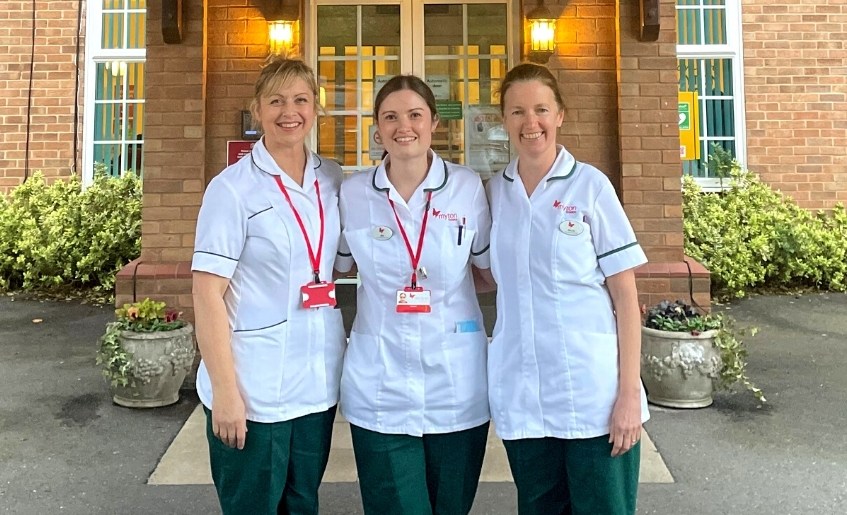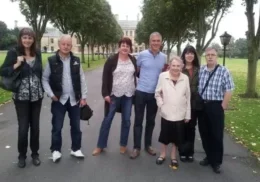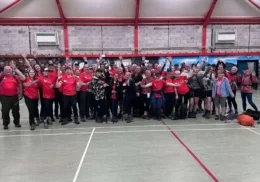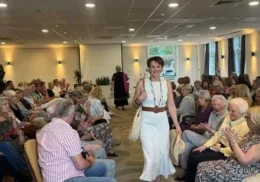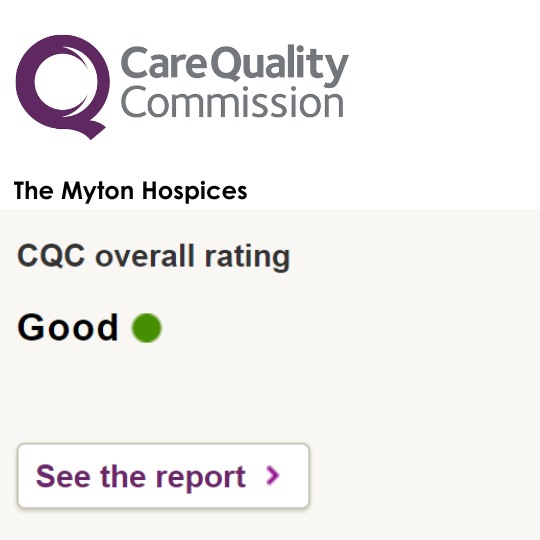This week is Occupational Therapy Week and we are celebrating everything the wonderful team here at Myton do for our patients!
Occupational Therapy is an important element of palliative care. It aims to help patients to live as independently as possible by enabling them to perform the activities of daily living that are important to them throughout the course of their illness or condition.
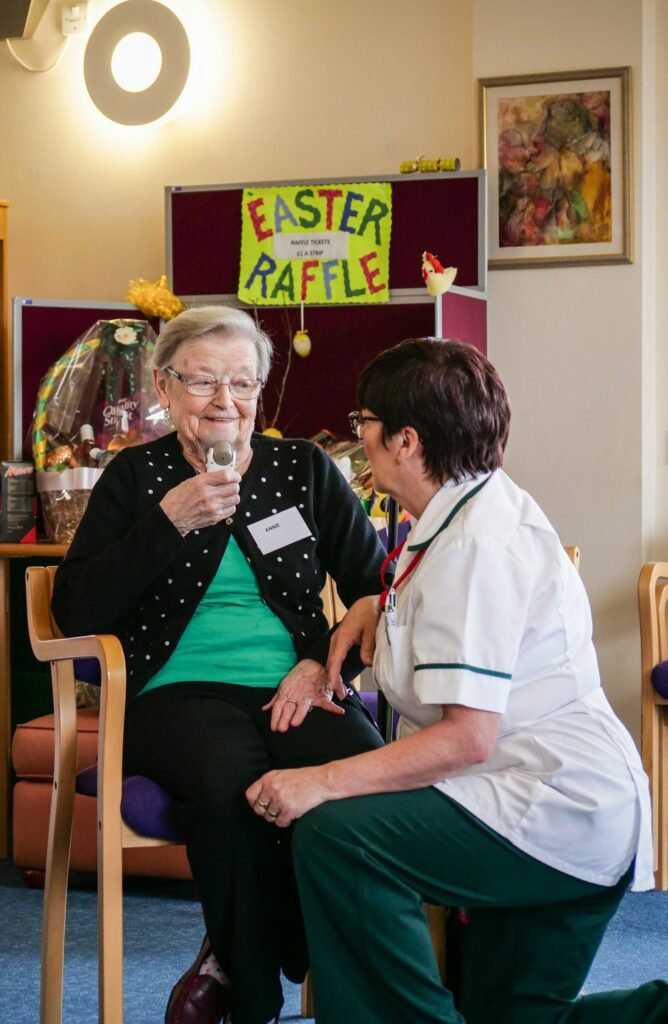
We asked our incredible team to tell us a bit about their role…
Occupational Therapists assist people to do activities of everyday living.
This makes our role varied, where we can be focusing on an individual’s function, for example, their ability to walk, to sit comfortably, bathe, prepare a meal, eat, sleep, relax, and also take part in leisure, study, or work.
We can also look more specifically at an individual’s motor skills and posture in order to for them to engage in a meaningful activity.
Part of our role is also to consider an individual’s comfort and positioning, either in bed or in a chair or wheelchair.
Most importantly, we are patient-centred and like to focus on what the patient wants to be able to do and achieve.
Occupational Therapists are trained both in physical and mental health.
Sometimes this means providing equipment for home such as toilet frames or hospital beds, or this could be removing physical access barriers at home, for example, providing a ramp or rails for patients to be able to go into their own garden.
Sometimes it’s helping work through cognitive or emotional barriers, for example, supporting a patient to give themselves permission to be able to do a task differently or delegate that task that they have always thought of as their own and find hard to let go.
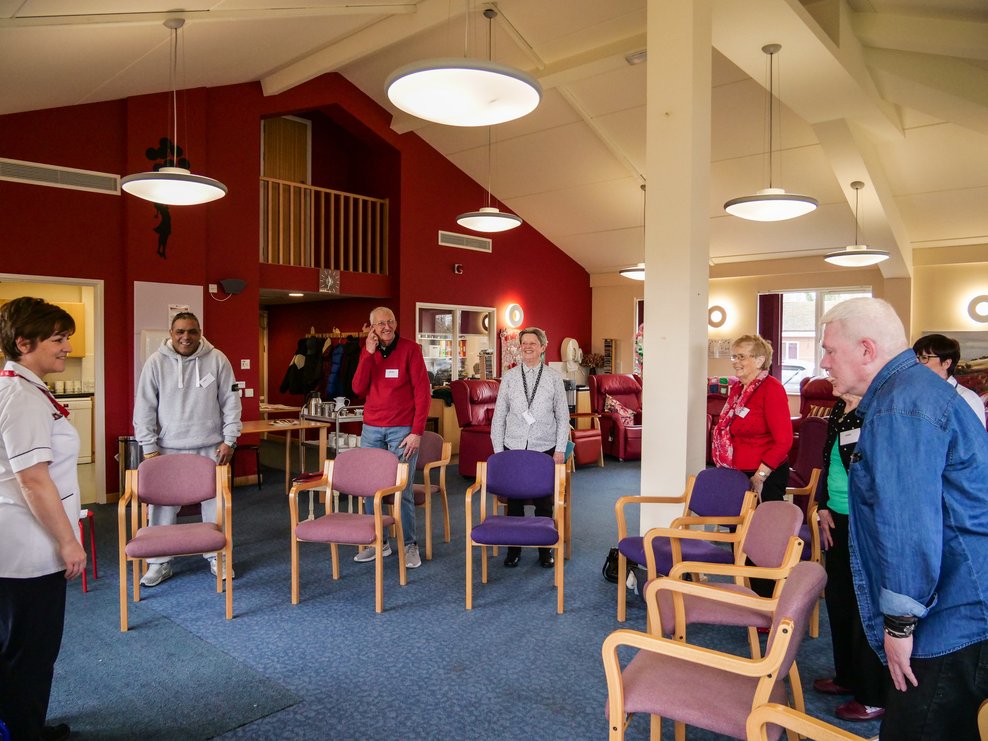
At the Myton Hospices, the Occupational Therapists work with inpatients, outpatients of the Wellbeing Service, and also participants of the educational Fatigue and Breathlessness groups.
To give you an idea of how varied our role is, this week at Myton we have:
Visited a Wellbeing Service outpatient with Motor Neurone Disease in their own home. This visit focussed on building a relationship for ongoing therapy input through the patients journey, helping them access the wider multidisciplinary team network ensuring appropriate referrals were made, and a practical home assessment, as well as a review of their posture and function.
Carried out assessments and interventions on the inpatient units including discharge planning, provision of upper limb slings and hand splints, prescribing equipment, ongoing manual handling reviews, participating in family meetings, and completing appropriate and timely referrals to external providers.
Facilitated the Fatigue and Breathlessness group across sites.
Carried out one to one appointments with Wellbeing Service outpatients in clinic rooms across sites.
Drunk tea and eaten cake with our colleagues and wider team.…this is our speciality! The recent Allied Health Professions Day celebration cakes were perfect!


